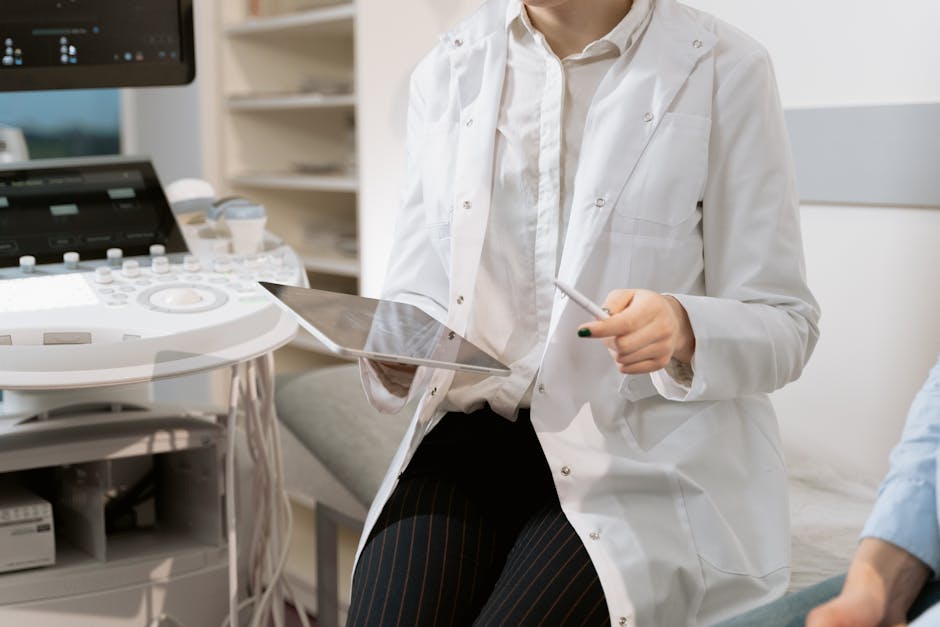It’s more than if it’s just a boy or a girl, Intermountain Healthcare experts say the 20-week ultrasound is a great time to check in on baby’s development.
The 20-week ultrasound for parents-to-be is an exciting visit– it’s when they usually find out if they’re having a boy or girl. But parents should know there’s far more to the 20-week ultrasound than the color of the gender-reveal cake.
“It’s the time you figure out the sex of the fetus, but it’s the time we’re really looking at the pregnancy overall including the placenta, fetal growth and all of the organs and anatomy to make sure everything looks like it should,” said Dr. Martha Monson, a maternal fetal medicine surgeon with University of Utah Health and Intermountain Primary Children’s Hospital and co-director of fetal intervention at the Grant Scott Bonham Fetal Center.
Moms and dads can help in this effort by asking about the images of their baby’s heart, brain and kidneys, she said.
Dr. Monson recommends asking the sonographer or physician:
- “Did you see everything you needed to?”
- “Could you rule out problems the baby could be born with?”
- “Did you get images to help make sure my baby’s heart, brain and kidneys are developing normally?”
If the answer is no or inconclusive, Dr. Monson recommends asking what next steps to take to ensure the baby’s organs can be viewed appropriately.
When looking for an imaging center, Dr. Monson recommends making sure the center is comfortable doing fetal scans, how many they do, and better yet, if they are accredited.
If something is found to be wrong with the baby’s heart, for example, a care team will make a plan to ensure the baby gets the best care before and right after birth.
“Knowing early really helps us to plan to provide the best care for the baby during the pregnancy and right after the birth instead of waiting for the child to display symptoms,” Dr. Monson said.
If parents are told to return for more imaging, it doesn’t necessarily mean something’s wrong.
“Being told to come back for more imaging can be anxiety-provoking and nerve-wracking,” she said. “I’d reassure families that most of the time, it’s because the pictures from the ultrasound weren’t clear enough. Most of the time when we see patients for a return ultrasound, there are no problems detected. Until someone tells you something definitive, try not to worry.”
More information is available at primarychildrens.org.
About Intermountain Healthcare
Headquartered in Utah with locations in eight states and additional operations across the western U.S., Intermountain Healthcare is a nonprofit system of 33 hospitals, 385 clinics, medical groups with some 3,900 employed physicians and advanced care providers, a health plans division called SelectHealth with more than one million members, and other health services. Helping people live the healthiest lives possible, Intermountain is committed to improving community health and is widely recognized as a leader in transforming healthcare by using evidence-based best practices to consistently deliver high-quality outcomes at sustainable costs. For more information and updates, click here
